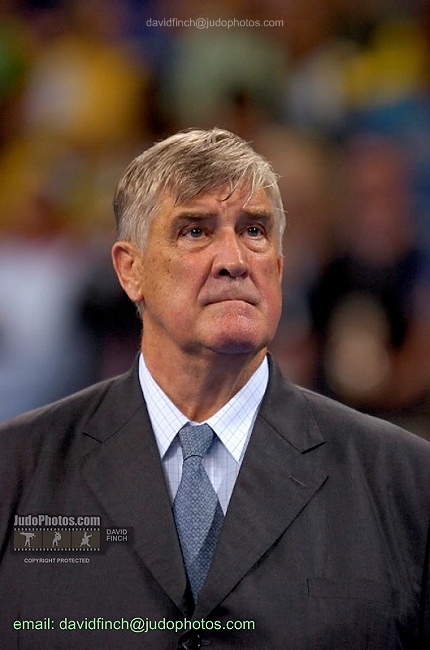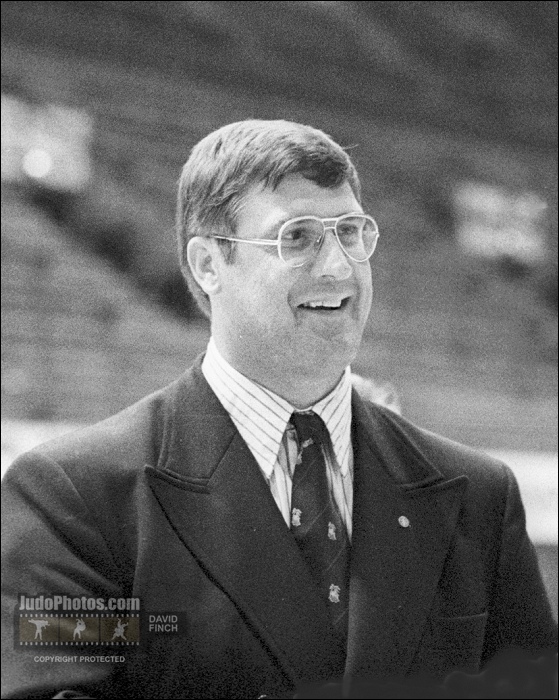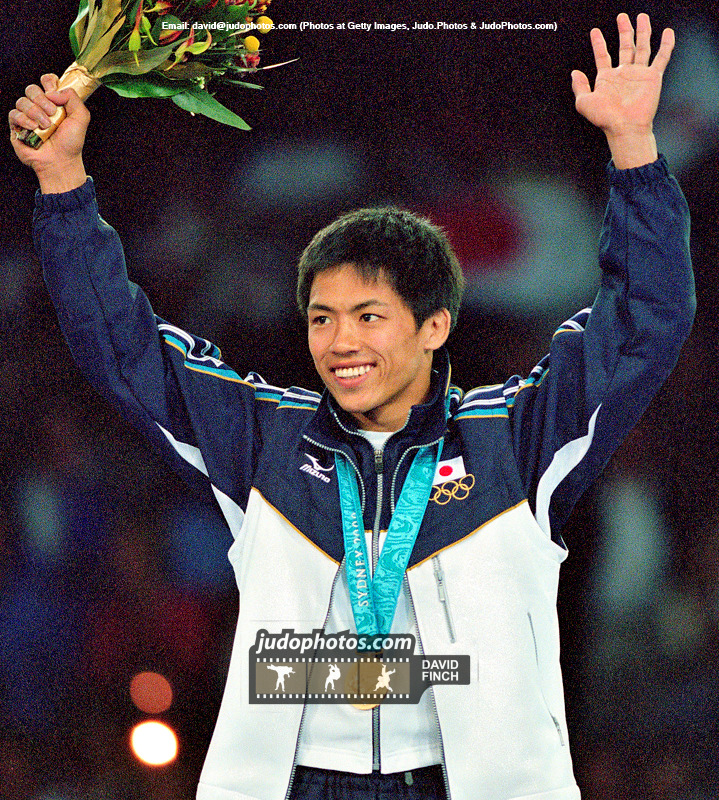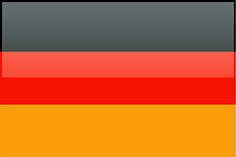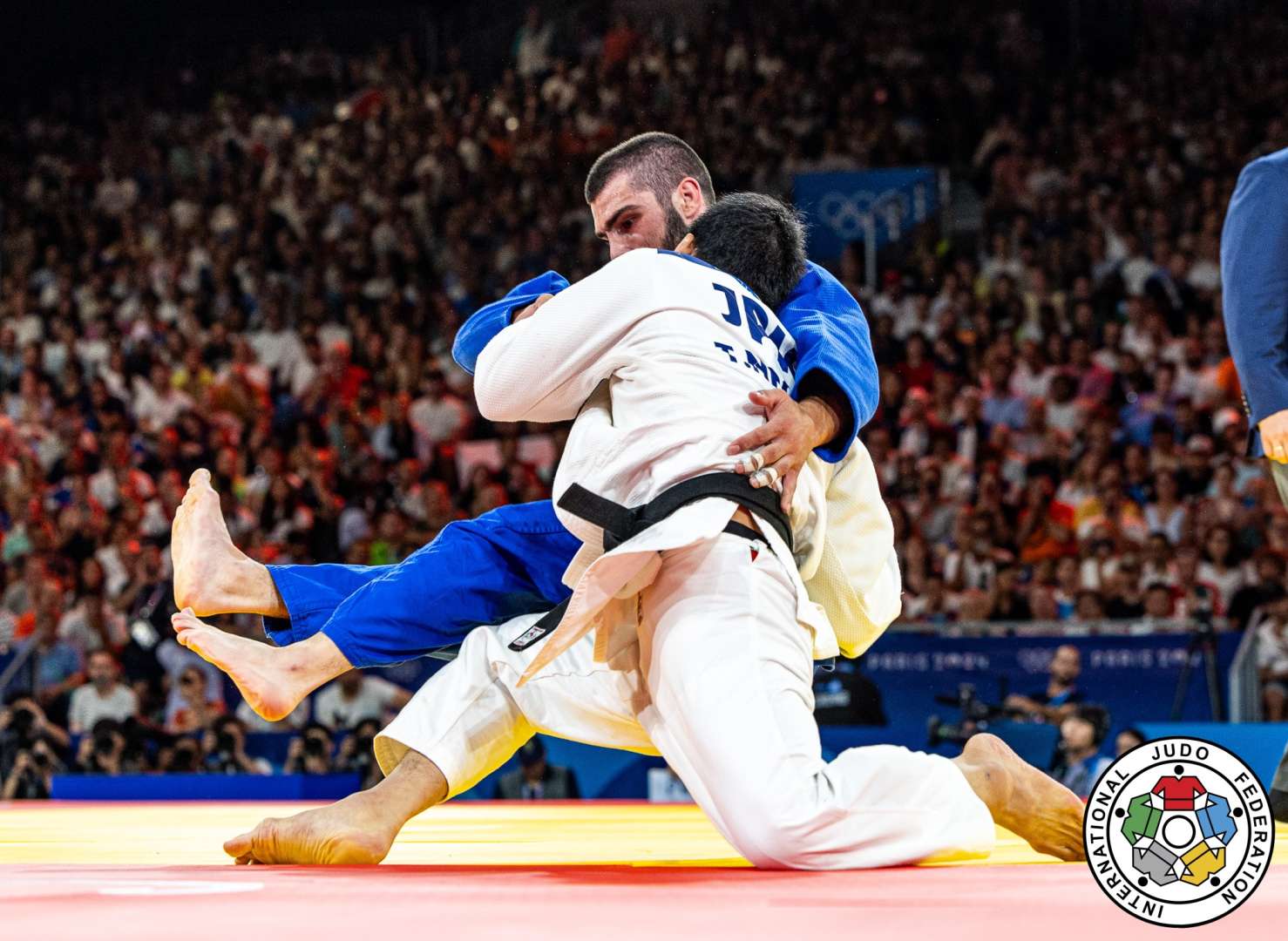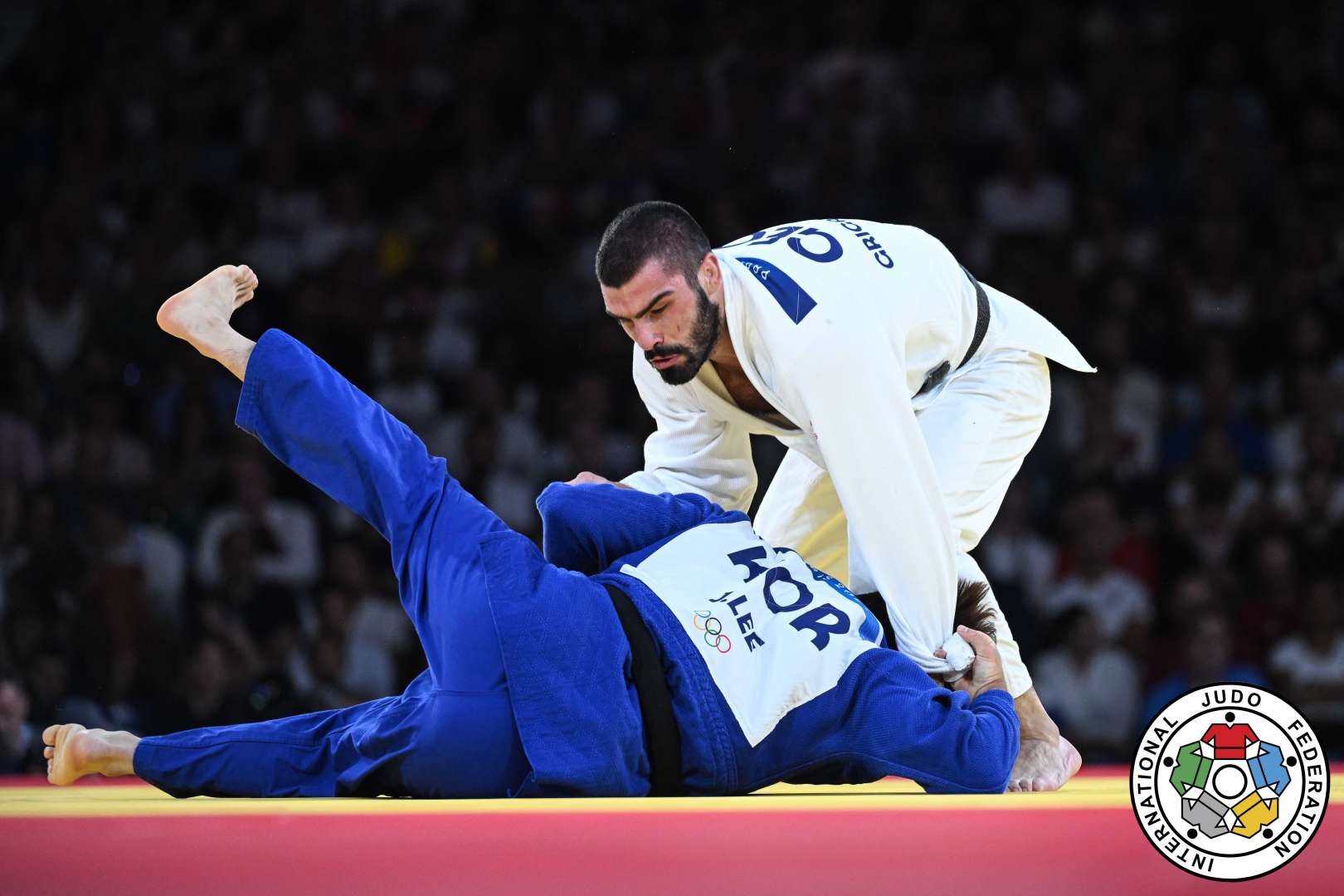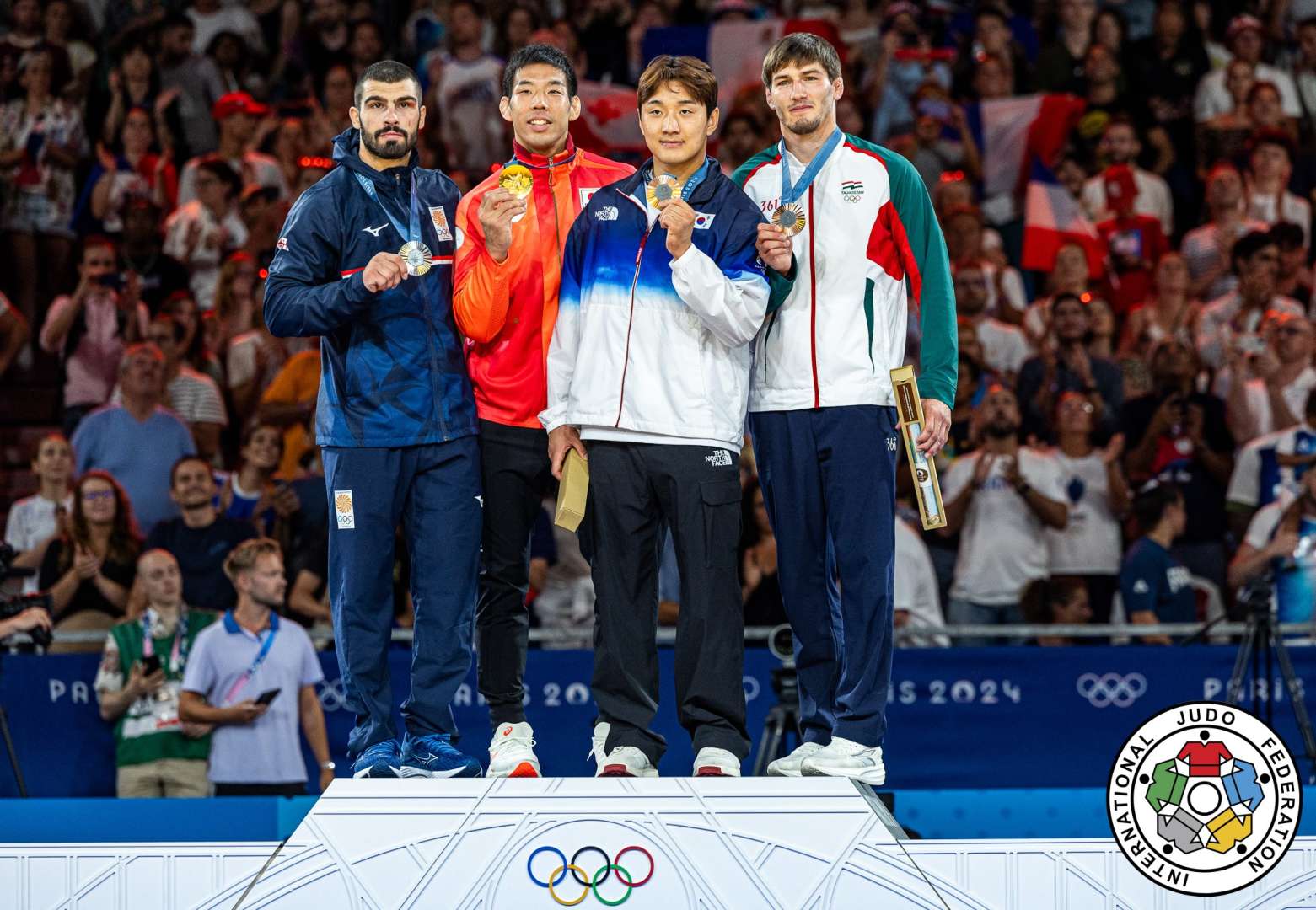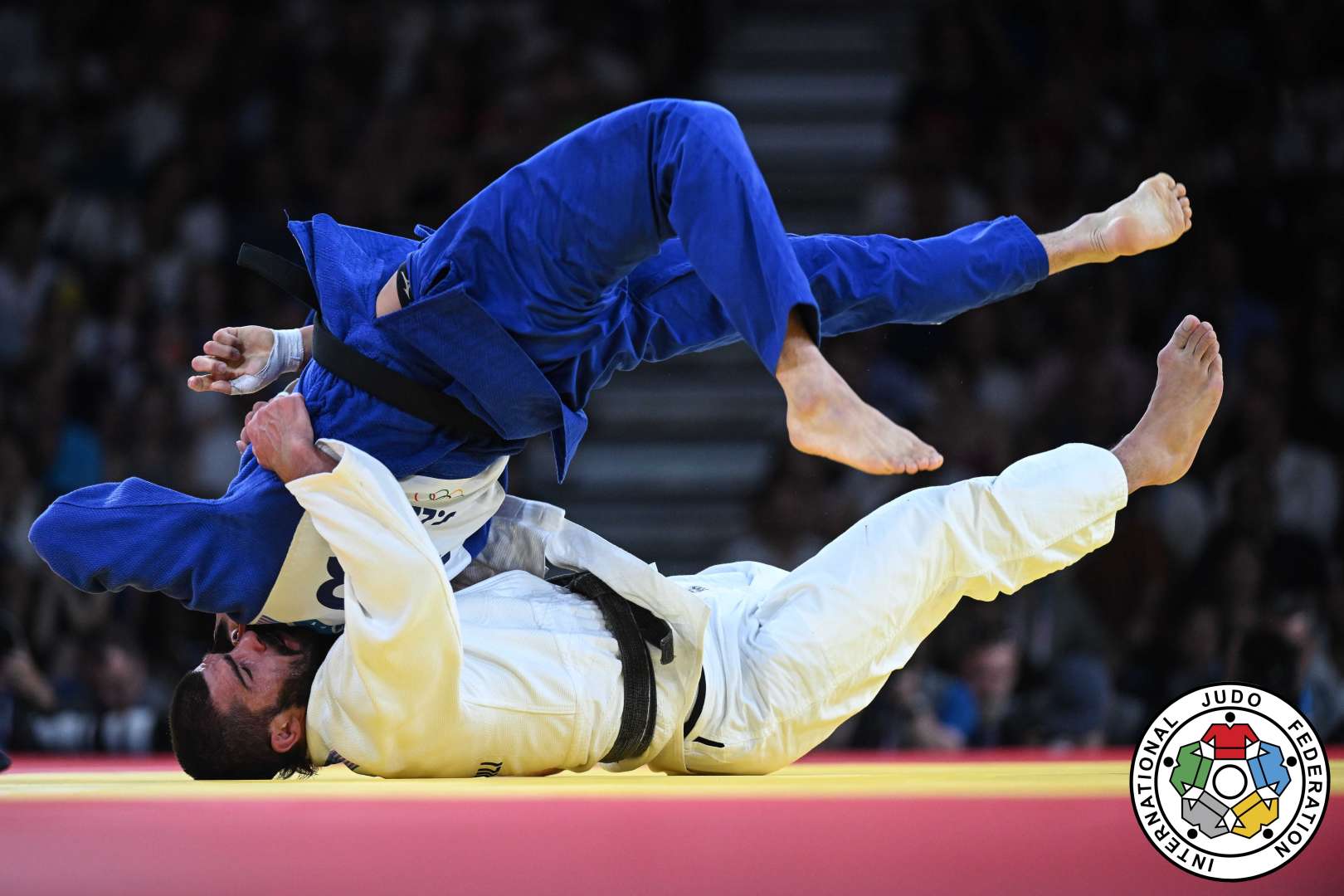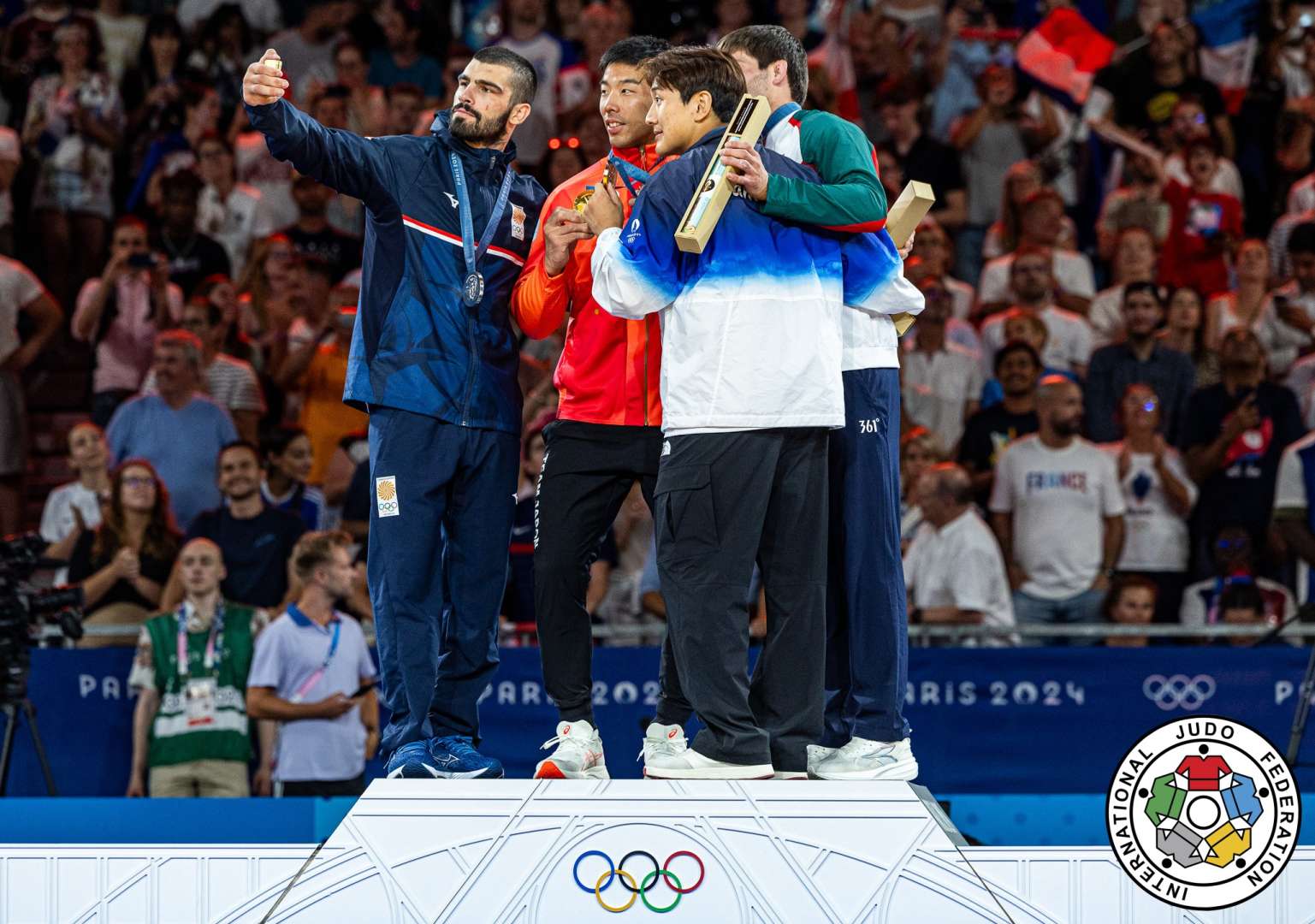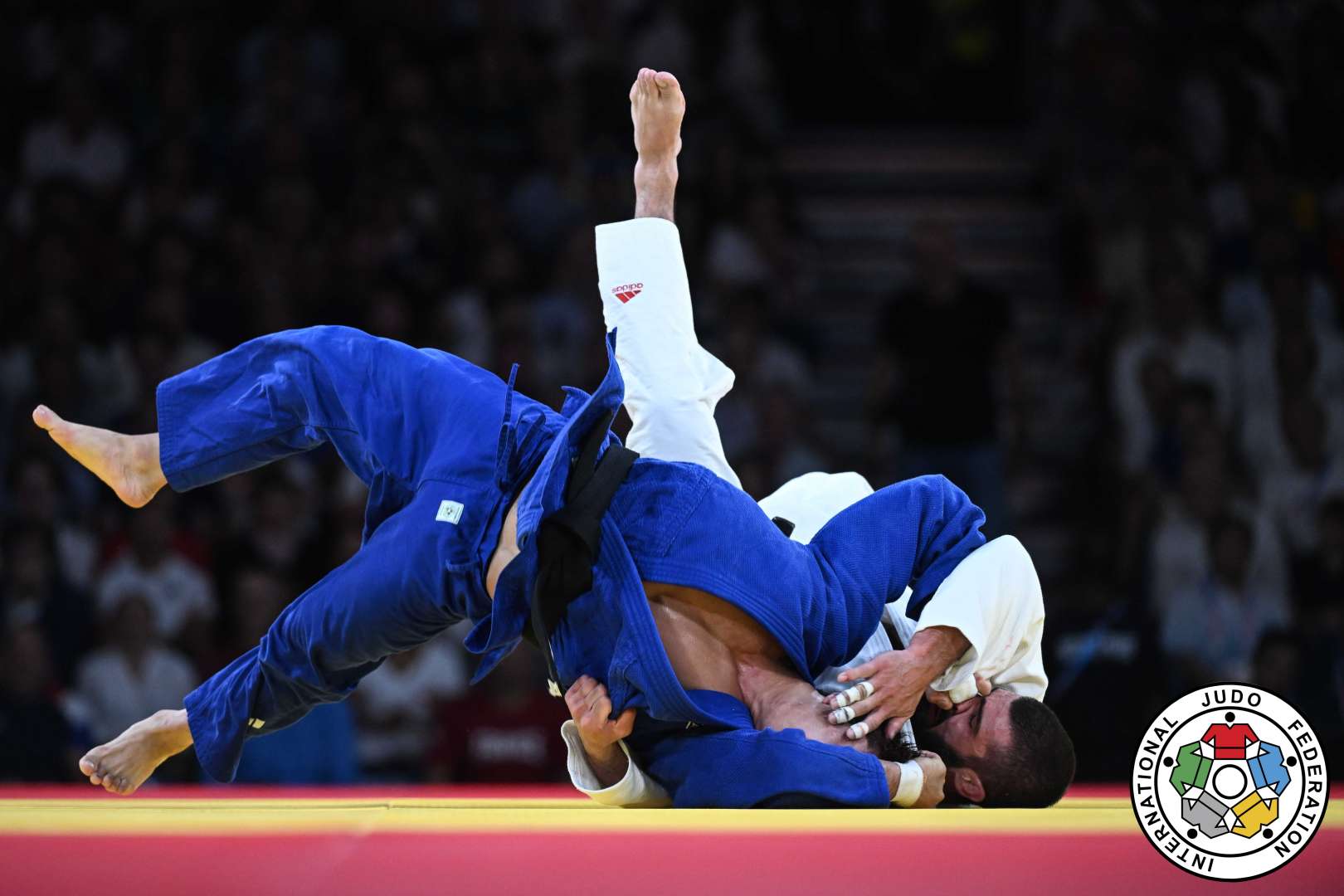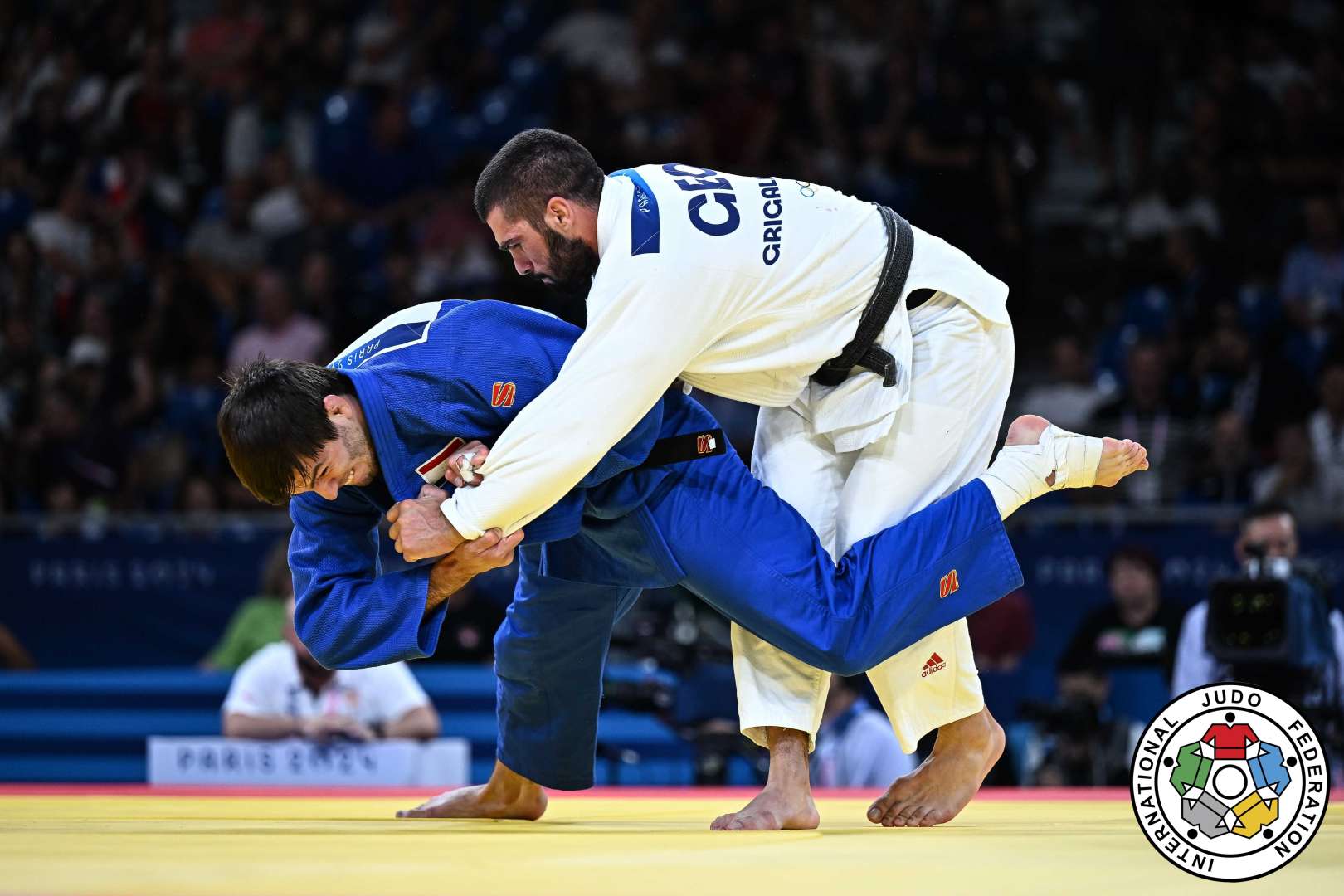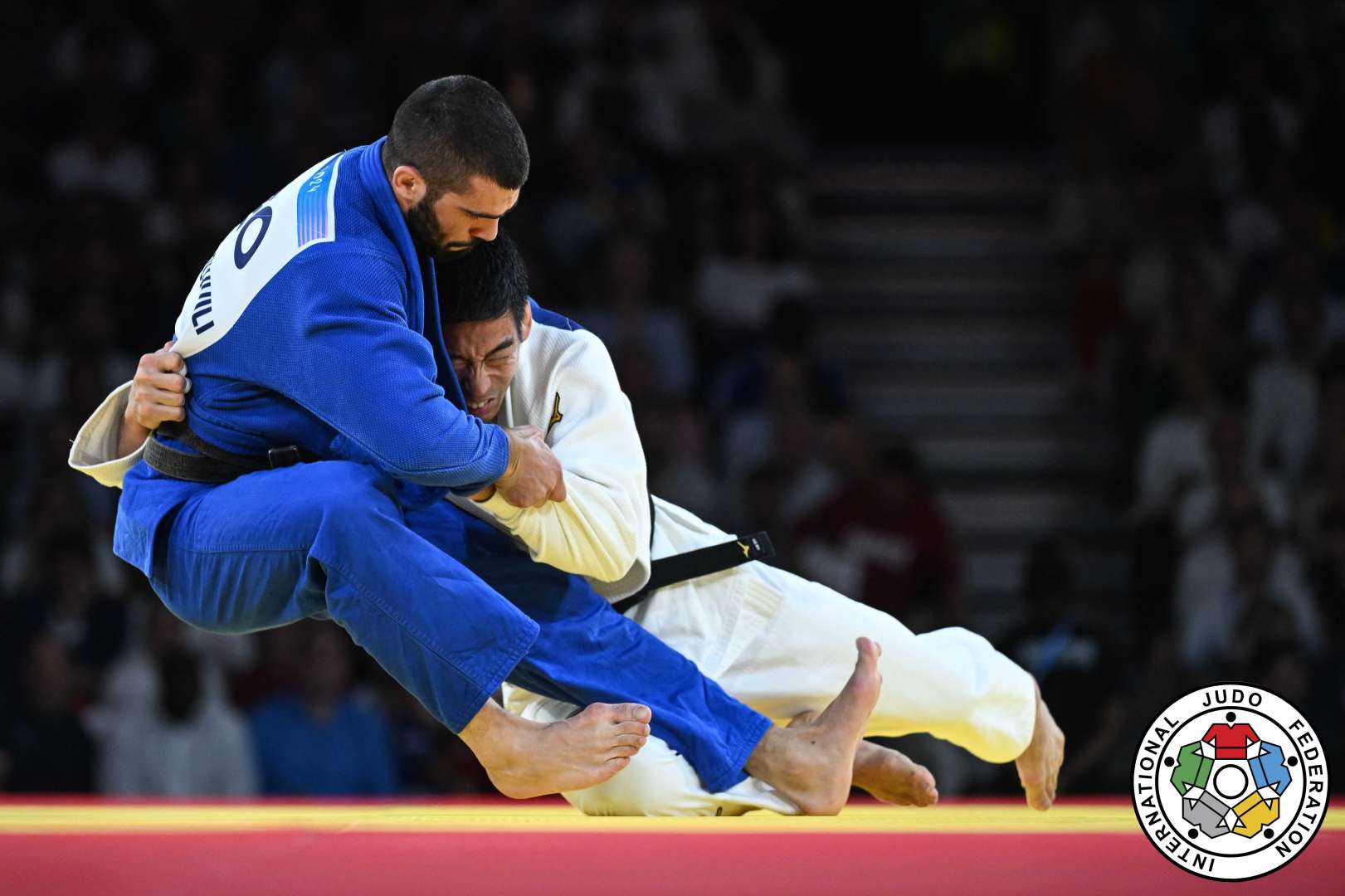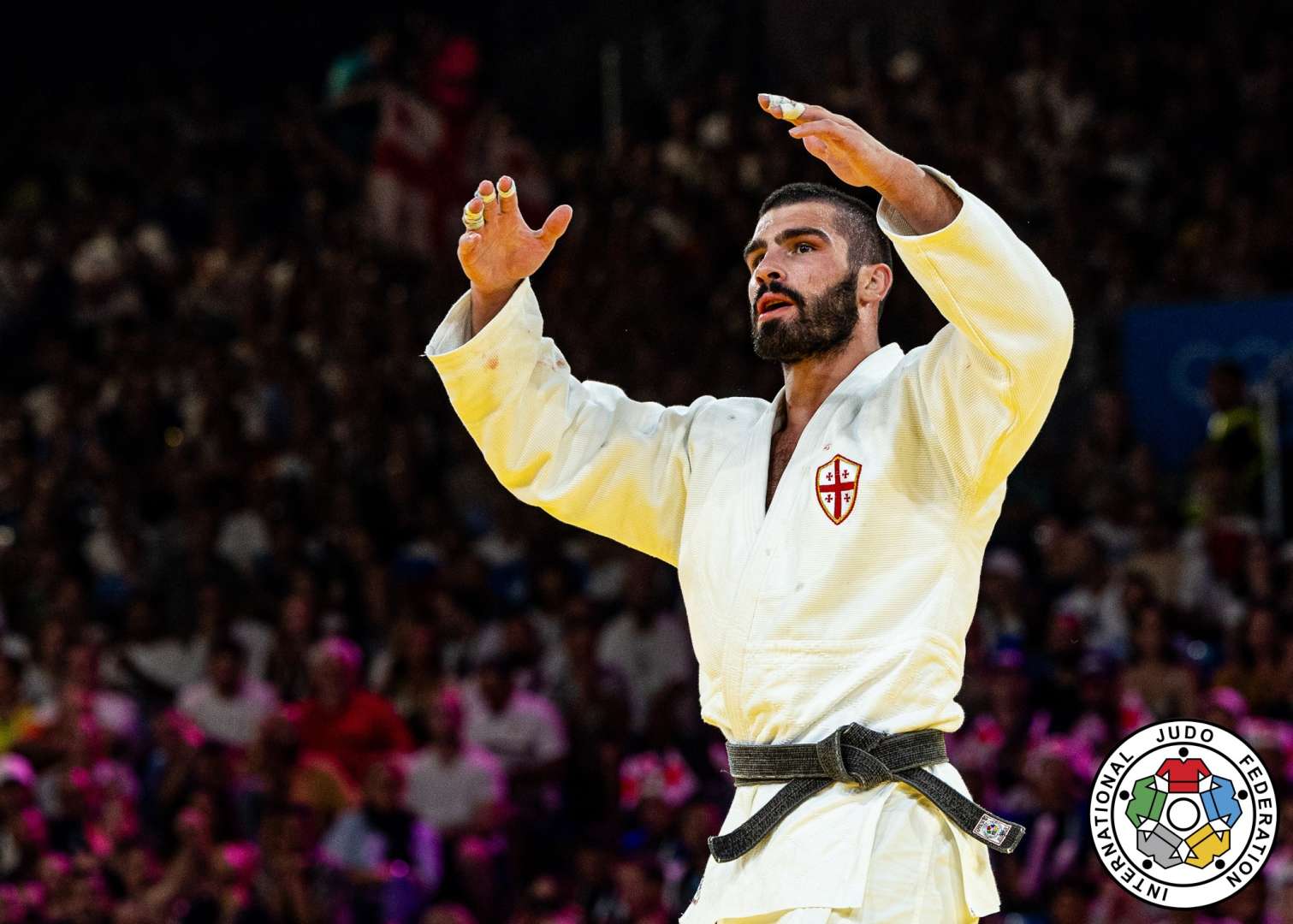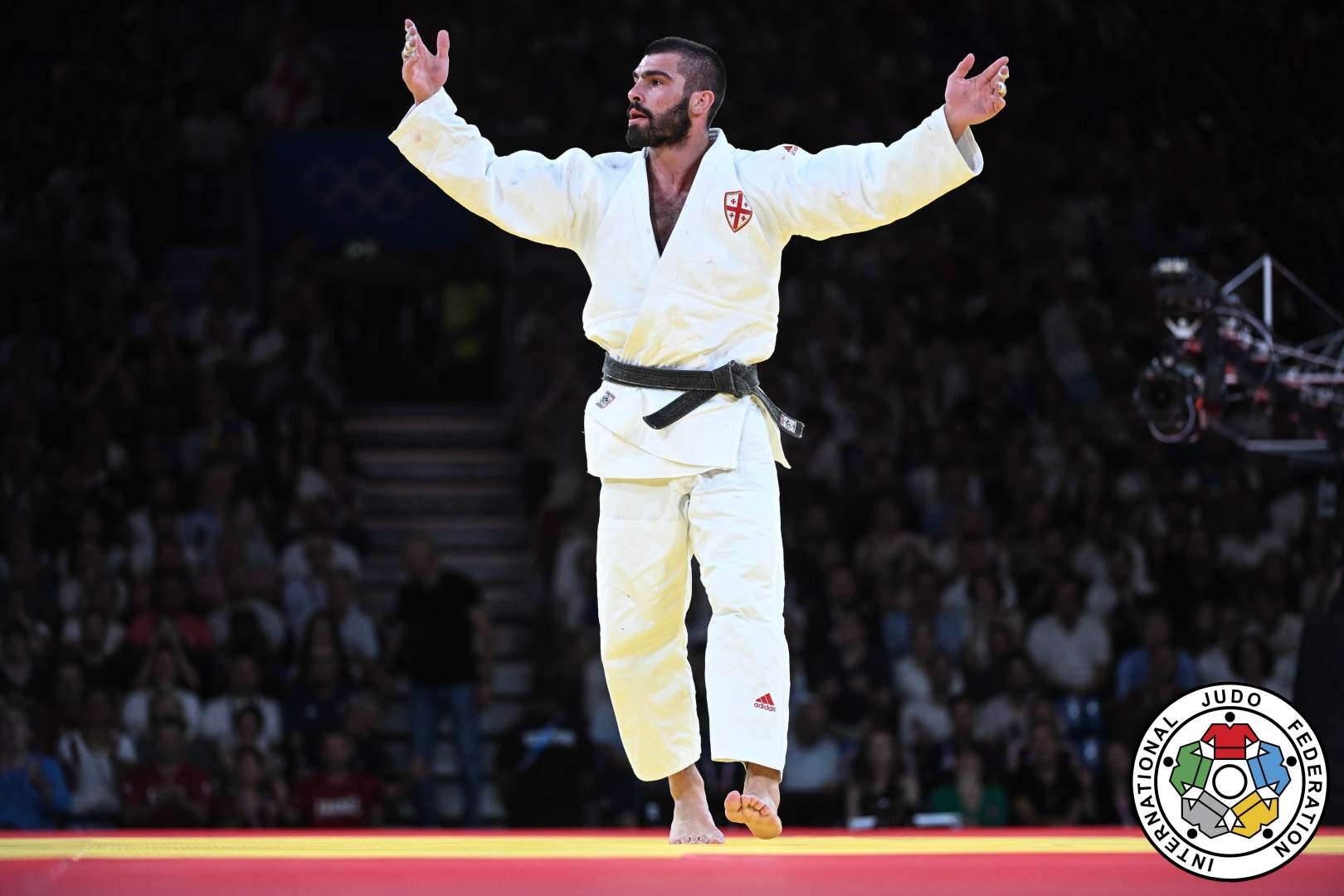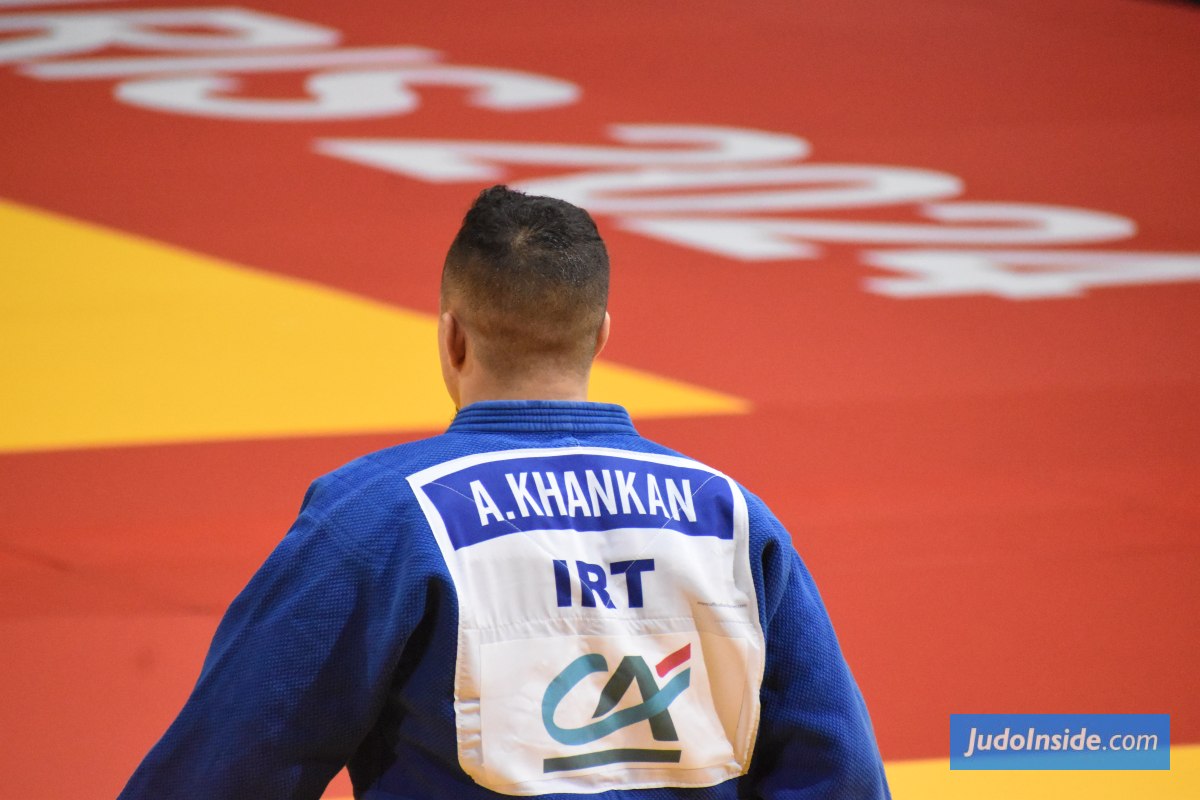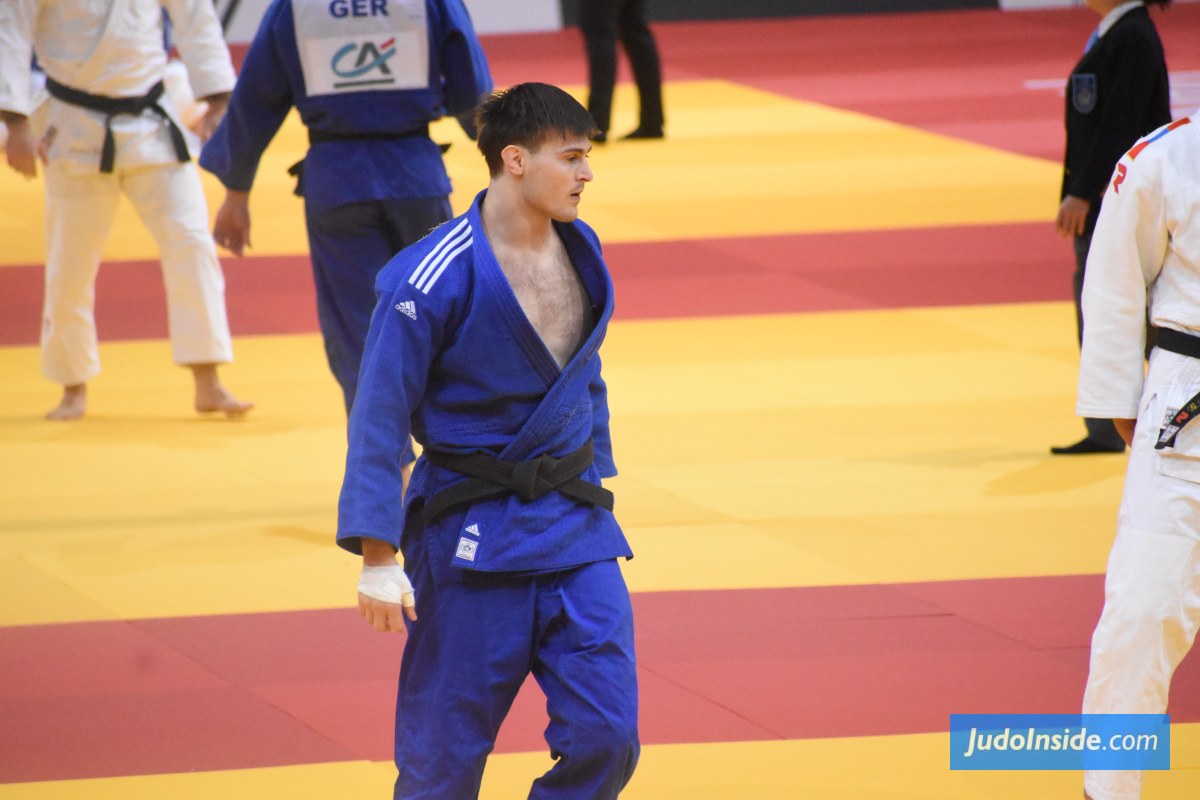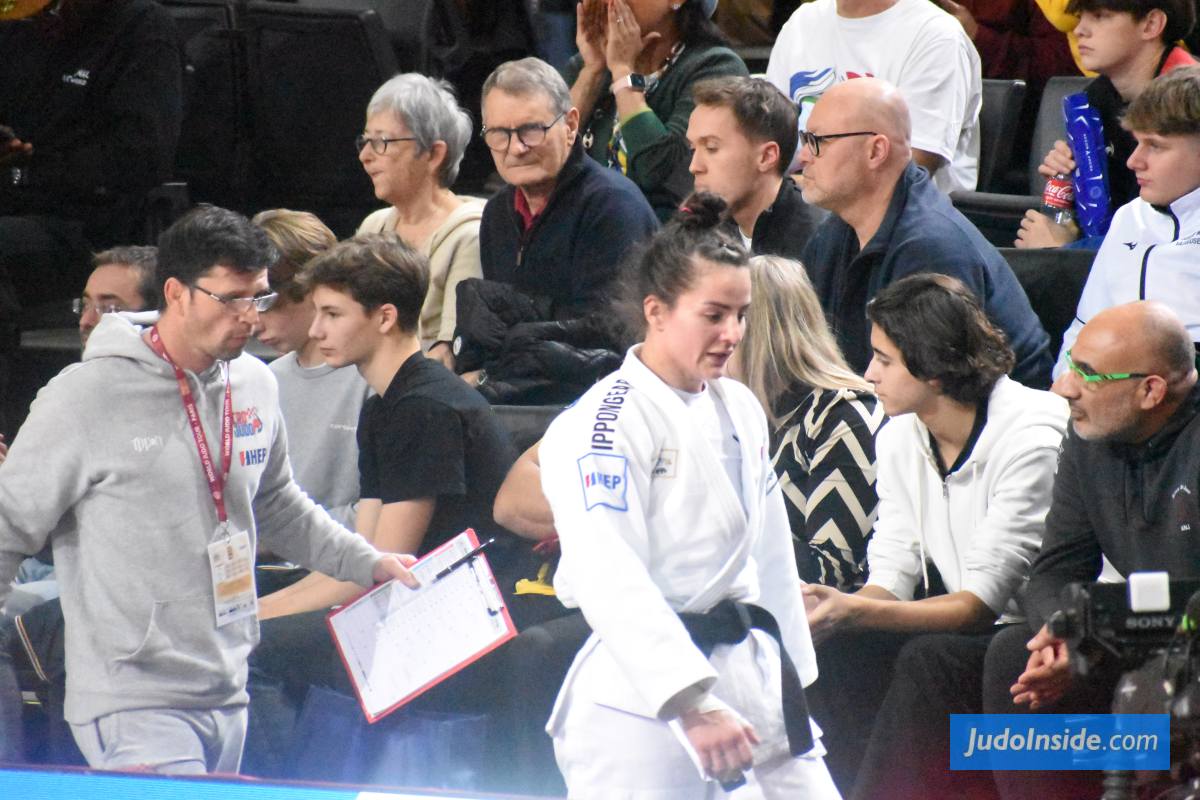The day that Anton Geesink brought Japan to its knees
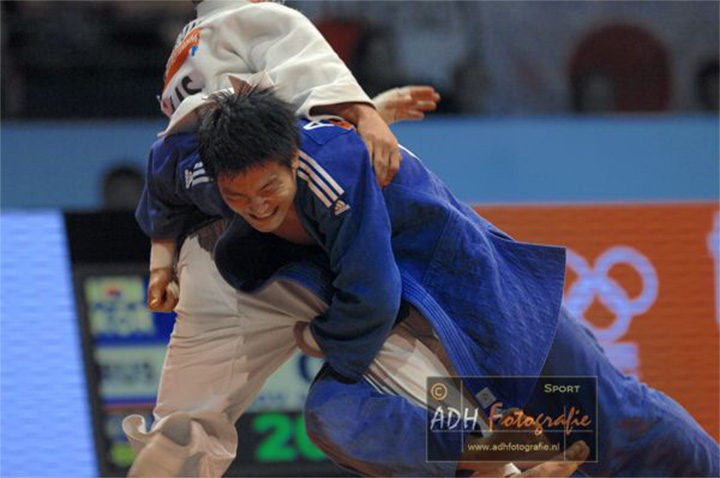
 6 Apr 2022 09:45
6 Apr 2022 09:45
 Laurent Vergne
Laurent Vergne

Budokan Hall in Tokyo is the Mecca of judo, a temple erected for the Tokyo Olympic Games of 1964. During the Tokyo Olympics in 1964 one man, albeit a man of Anton Geesink's towering stature, managed to bring a whole country to its knees.
That autumn evening in 1964, the giant Lowlander not only cemented his place in the pantheon of judo and the Olympics, he changed forever the face of his sport and achieved iconic status in the Netherlands. If that is easy enough to believe, then Geesink was also elevated to the rank of quasi-god in Japan despite the national mourning that ensued. This was the full extent of his dual tour de force. And his death in 2010 at the age of 76 elicited comparable emotions in both countries.
Anyone spending a day in his birth town Utrecht cannot miss the imposing bronze statue of one of the city's most famous figures. Anton Geesink even has a street named after him – the very same street where he was born, in 1934. As a gangly teenager, he worked in his spare time as a mason. But sport was already his passion: football, swimming, athletics – you name it; Anton dabbled in everything. Until the epiphany. "One day," he said during a French television report devoted to him in 1962, "I attended a demonstration made by a French judoka. I knew that this was what I wanted to do. I was 14 years old."
This was the beginning of a very special bond that tied him to France. It was in Paris, only four years after his first steps on the tatami mats, that he won the first of his 21 European champion titles. And it was once again in the French capital that he became, almost a decade later, a world champion, in the first earthquake that would shake the foundations of the sport.
For Anton Geesink, France was also synonymous with training. He spent all his summers at Beauvallon, in the Bay of Saint-Tropez, near the famous seaside resort. Here, at the Camp du Golf Blue, the cream of European judo would meet up to combine relaxation with hard work. It was at this retreat that Geesink forged ties with two great figures in French judo, who were not only his main European rivals but also two close friends: Henri Courtine and Bernard Pariset.
Eric Pariset, Bernard's son, has still not forgotten this man mountain, who seemed as wide as an ox when they met at the end of the 1950s. "The four-year-old child that I was had no idea about the ins and outs of professional judo," he wrote on his blog. "But looking back, this giant impressed me as much by his height as his muscles, his determined face and his very deep voice. In short, I found him fascinating."
For Henri Courtine, it was Geesink's incredible capacity for work which made him stand apart. From his front row seat, he saw it all. "Anton Geesink is said to have won thanks to his extraordinary physique, but his true strength lay in his thoroughness," he told the magazine L'Esprit du Judo. "He never took a break. At summer camp, he was always first to bed and then, the next day, he would rise at 6 a.m. to swim across the bay! And all morning, he would train with logs on the spot." For the giant of Utrecht never lifted weights: his thing was to head into the Massif des Maures and lift tree trunks.
Pariset. whom Geesink once described as his "hardest opponent outside Japan", and Courtine managed to compete for a few years with the colossus. Then, towards the end of the decade, the Dutchman emphatically cast his contemporaries in the shade.
Geesink himself told reporters that coping with the reaction of the Japanese crowds after the fight had been tougher than the fight itself. Indeed, from a sporting point of view, the result had simply followed the rules of logic. Jim Bregman, a bronze medal winner in the middleweight category for the United States jugo team in the Tokyo Games, remembers seeing all the officials and Japanese members of staff crying in the locker room of the Budokan. But he also felt the hosts had no reason to feel disgraced, describing Geesink as "a technical genius, very powerful, very fast judo player of consummate skill in a very large frame."
Geesink was born at 6 April 1934 and passed away in August 2010.
 like
like
 share
share

| Result | City | Date |
|---|---|---|
| 2 | Paris | 2024 |
| 1 | Abu Dhabi | 2024 |
| 1 | Zagreb | 2024 |
| 3 | Belgrade | 2023 |
| 2 | Montpellier | 2023 |
